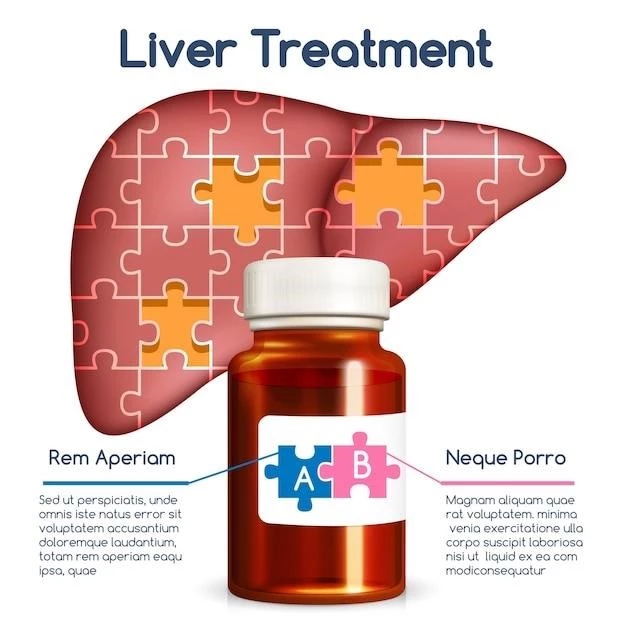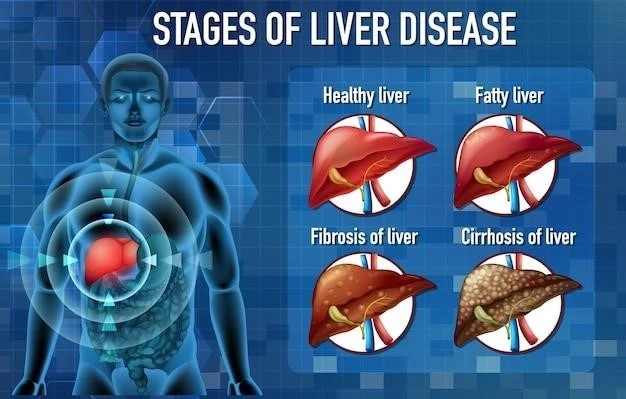Introduction to Pyruvate Kinase Deficiency‚ Liver Type
Pyruvate kinase deficiency‚ liver type‚ is an inherited metabolic disorder affecting the survival of red blood cells due to enzyme pyruvate kinase deficiency.
Overview of Pyruvate Kinase Deficiency
Pyruvate kinase deficiency is a rare genetic disorder affecting red blood cells causing chronic hemolytic anemia. It is the second most common enzyme defect leading to red cell breakdown‚ impacting health and mortality. The deficiency results from mutations in the PKLR gene‚ reducing ATP production and causing premature red blood cell destruction. Individuals with this condition may experience fatigue‚ weakness‚ and rapid heartbeat.
Causes and Inheritance Patterns
Pyruvate kinase deficiency‚ liver type‚ results from mutations in the PKLR gene‚ leading to an autosomal recessive inheritance pattern affecting the enzyme pyruvate kinase.
Autosomal Dominant and Recessive Inheritance
Pyruvate kinase deficiency can be inherited in both autosomal dominant and recessive patterns. Mutations in the PKLR gene lead to this rare disorder‚ impacting the enzyme pyruvate kinase and causing chronic hemolytic anemia.
Clinical Manifestations and Complications
Individuals with pyruvate kinase deficiency‚ liver type‚ may experience fatigue‚ weakness‚ and rapid heartbeat due to chronic hemolytic anemia affecting red blood cells.
Pyruvate kinase deficiency‚ liver type‚ results in chronic hemolytic anemia‚ leading to premature destruction of red blood cells. This condition affects health‚ quality of life‚ and mortality.

Diagnosis and Treatment
Confirming pyruvate kinase deficiency‚ liver type‚ typically involves genetic testing and enzyme activity assays. Management may include blood transfusions‚ folic acid supplementation‚ and potential splenectomy in severe cases.
Impact on Red Blood Cells and Anemia
Pyruvate kinase deficiency‚ liver type‚ leads to chronic hemolytic anemia due to premature red blood cell breakdown. This disorder affects individuals’ health‚ quality of life‚ and mortality‚ requiring careful management.
Research and Future Perspectives
Studies suggest that Pyruvate Kinase Deficiency (PKD) research may lead to improved liver function understanding and life-saving procedures like liver transplant and splenectomy in severe cases.
Gene Therapy and Emerging Treatments
Recent research suggests the potential of gene therapy in addressing Pyruvate Kinase Deficiency by introducing the human liver-type PK cDNA into affected individuals‚ offering a promising treatment approach.

Managing Pyruvate Kinase Deficiency‚ liver type is crucial due to its impact on red blood cell health. Genetic testing and appropriate treatments play a vital role in enhancing quality of life.
Understanding the Importance of Managing Pyruvate Kinase Deficiency
It is crucial to manage Pyruvate Kinase Deficiency‚ liver type‚ effectively to address chronic hemolytic anemia and its impact on overall health and mortality. Genetic testing plays a key role in diagnosis and treatment decisions‚ aiming to improve the quality of life for affected individuals.
